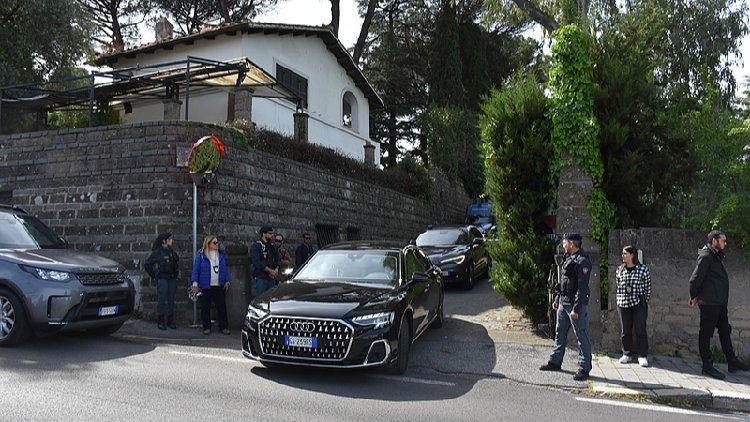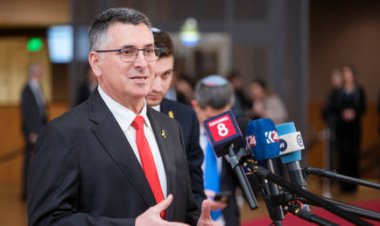Iran's Foreign Minister Describes Indirect Discussions with U.S. as 'Constructive'
Iran's Foreign Minister Seyed Abbas Araghchi stated on Saturday that the discussions with the U.S. delegation in Rome took place in a "constructive" atmosphere and are advancing, as reported by Iran's IRIB news agency.

His comments came at the conclusion of the second round of indirect talks, mediated by Oman, between Iranian and U.S. delegations, led by Araghchi and U.S. Special Envoy to the Middle East Steve Witkoff, focused on Iran’s nuclear program and the removal of U.S. sanctions.
Araghchi characterized the four-hour meeting as "good" and "forward-moving," noting that both parties had achieved a better understanding of several key principles and objectives.
He also mentioned that technical negotiations at the expert level are scheduled to begin in Oman by Wednesday, where specific details of the agreement's framework may be addressed.
Additionally, he indicated that negotiators would reconvene in Oman next Saturday to evaluate the results of the experts' work.
A representative from former U.S. President Donald Trump's administration confirmed that the two sides have agreed to meet again next week.
"Today, in Rome over four hours in our second round of talks, we made very good progress in our direct and indirect discussions," the official remarked.
Oman's Foreign Ministry confirmed on Saturday that Araghchi and Witkoff have agreed to enter the next phase of negotiations, which aim to achieve a fair, lasting, and binding agreement regarding Tehran's nuclear issues.
These recently concluded indirect talks marked the second round between U.S. and Iranian delegations, with the first round taking place the previous Saturday in Muscat, where both sides described the discussions as "constructive."
This dialogue follows President Trump's threats to bomb Iran unless it accepted his offer for negotiations outlined in a letter sent to Iran's leadership earlier in March.
Iran had initially signed a nuclear deal, officially known as the Joint Comprehensive Plan of Action, with six major countries—including the UK, China, France, Germany, Russia, and the United States—in July 2015, agreeing to limit its nuclear program in exchange for sanctions relief.
However, following the U.S. withdrawal from the deal in May 2018 and the reinstatement of sanctions, Iran began to scale back some of its nuclear commitments. Consequently, efforts to revive the nuclear agreement have not seen significant progress.
Jessica Kline contributed to this article for TROIB News












